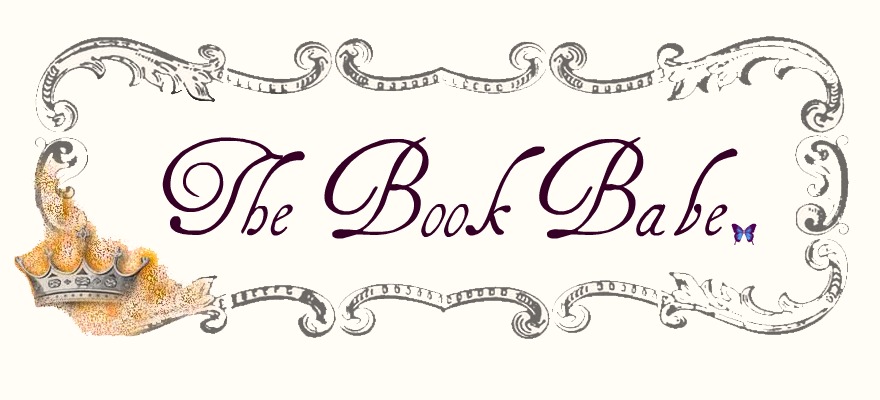
It’s hard sometimes to talk about race. I am a 33 year old African American woman, who while privileged in some ways, also knows the limitations put on me because of my race. My race was no choice of my own but my race and my gender combined can be used against me in a way that sometimes no one other than an African American woman might be able to understand. So when I heard about Reni Eddo - Lodge’s “Why I’m No Longer Talking to White People about Race” I felt like at this moment in time I needed to read this book. I needed to read the experiences of another woman of color; and one who lives across the pond. Lodge uses this book to address everything from the history of migration and the slave trade to feminism and class. She even discusses entertainment; highlighting the casting of Norma Dumezweni as Hermonie in Harry Potter and the Cursed Child.
I came to this book expecting to learn that racism wasn’t as bad across the pond as it often seems in the States. However, I walked away believing that it may actually be worse. If you think people are tone deaf here at home you need to read this book. Some of what I read really shocked me. Of course, I understand that these are Lodge’s opinions, her perceptions. But in there is a nugget of the truth and that makes it all the worse. As I read the book I thought about how as a twenty something I internalized my race and I a kindred spirit in Lodge. I felt like I understood why she wanted to just stop talking about race; the logic for me made sense because some of my experiences had been the same. Particularly when it came to feminism.
Lodge addresses the topic of feminism in a very eyes wide open sort of way. She talks about how she feels feminism ignores and sidelines women of color. She talks about how even white feminist can fail to check their privilege and how that can lead to their refusal to understand problems that directly effect women of color. Or how this privilege leads to something even more troublesome; the white feminist belief that all women are on the same level. The latter is one that I feel like I have to explain over and over again in some of my conversations. Unlike Lodge, I do (and she actually still does) talk about race with white people; however, I have stopped talking about feminism with white women. After the 2016 election and the women’s march I decided to only speak about feminist topics in safe spaces. Lodge reminded me in her book that this attitude is not useful. And that my voice is needed the most because silence is desired and expected. Lodges book is a road map to understanding and an example on how and how not to have conversations on controversial topics.
I would recommend “Why I’m No Longer Talking to White People about Race” to anyone that feels ready to give up on the conversations that matter. As well as to anyone that needs some fresh perspective. I gave it 5/5 stars on goodreads.
Here are some of the quotes that resonated with me:










